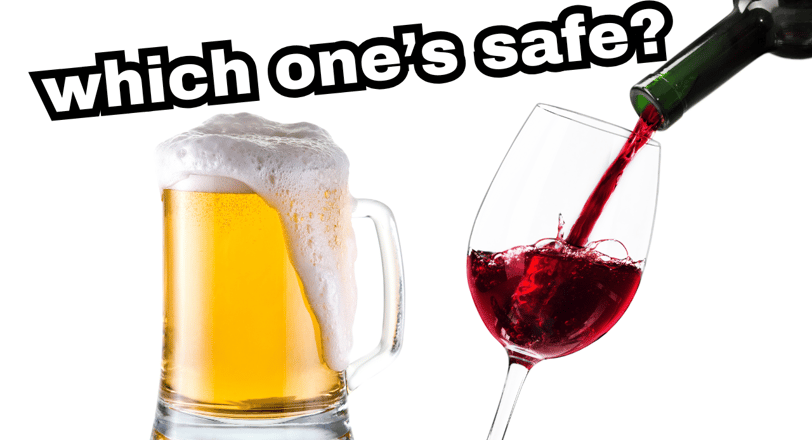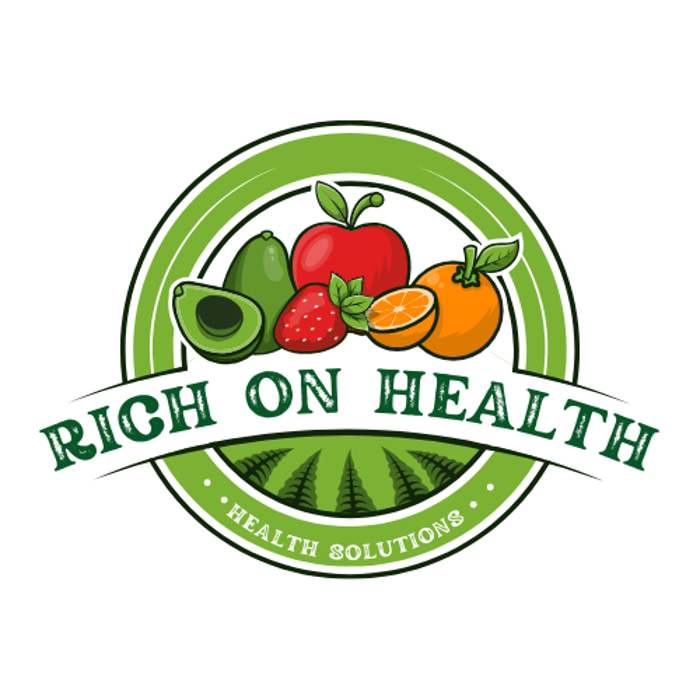Is your Beer and Wine Poisoning you?
A look at beer and wine, and how glyphosate is poisoning our food and beverage industry, as well as our planet.
Erik H
4/29/20253 min read


A Public Interest Research Group did a 2019 study, testing 20 common beers and wines, and found glyphosate residues in all but one. Glyphosate, the active ingredient in RoundUp weed killer, is the most common agrochemical in the world. It’s been linked to many health and environmental issues, yet there is NO CURRENT EPA limit for glyphosate residues in beer or wine. The U.S. Department of Agriculture (USDA) does not test for glyphosates in food or beverages.
During the test, they found that Sutter Home Merlot had the highest level of glyphosate residues at 51 ppb (parts per billion). Barefoot Cabernet Sauvignon and Beringer Estates Moscato had slightly lower levels: 36.3 ppb and 42.6 ppb, respectively. Organic wines results were ~5 ppb.
The beers tested had slightly lower average levels, the highest being Tsingtao beer with 49 ppb. Miller Lite, Corona, and Budweiser ranged from 25-30 ppb. Samuel Smith’s Organic Lager had 5.7 ppb glyphosate concentration, and Peak Beer Organic IPA was the only sample with no detectable level of glyphosate.
The U.S. Geological Survey (USGS) has estimated that approximately 300 million pounds of glyphosate are used on U.S. crops. Vineyards often spray glyphosate between rows of grapes to kill weeds. Farmers growing grains for beer often use “RoundUp Ready” crops that have been genetically modified to be resistant to the herbicide, or they might use it to “kill down” crops at the end of the season so they can be harvested earlier.
Even the organic products tested had residues of the non-organic glyphosate product. Glyphosates may be in the organic products because of pesticide drifting from other farms or from glyphosate leftover from a non organic farm.
Glyphosate is known to create numerous health issues, including DNA damage, kidney and liver damage, and endocrine disruption. A recent analysis found the risk of non-Hodgkin’s lymphoma was increased by 41% in those exposed to glyphosate-based herbicides. Glyphosate is also an antibiotic that disrupts human microbiota. The U.S. Public Interest Research Group report noted that even 0.1 ppb of glyphosate can harm beneficial gut bacteria. What’s so concerning is that bacteria exposed to widely used herbicides like roundup develop an antibiotic resistance 100,000 times faster than average. Also, only 0.1 ppb of glyphosate has been shown to stimulate certain types of breast cancer cells.
The dangers of this deadly pesticide don’t stop at poisoning our bodies, as glyphosate has also been poisoning our planet. It is known to alter the gut bacteria of bees, destroys pollinator habitat, and contaminates waterways, ending up in well water and drinking water around the world.
The levels of pesticide residue found in our wine and beer samples are not high compared to other foods. The EPA allows levels of glyphosate residues in food at levels ranging from 200 to 400,000 ppb. For example, a test by Friends of the Earth found average residues in oat cereals to be around 360 ppb.
Considering how widespread of exposure we have to glyphosate on any given day, such as cereals, vegetables, wine, rain, air, etc, it shouldn’t come as a surprise that glyphosate is ubiquitously in human bodies. A recent study showing traces of glyphosate in 93% of tested urine samples.
The U.S. Public Interest Research Group recommends that the EPA ban the use of glyphosate. Reporter Carey Gillam calls glyphosate “the poster child for the bigger pesticide problem.”
28 Countries have banned or restricted the use of glyphosate, including, Germany, France, Italy, Austria, Belgium, Bermuda, Czech Republic, Denmark, Netherlands, Vietnam, and some areas of Canada and Australia. These countries have more products with little to no glyphosate in them.
We are poisoning our bodies, and the entire planet, with this deadly pesticide that may remain active and deadly for up to six months. Glyphosate, is in our food, our beverages, our drinking water, our soil, and in our air. When will this self-destructive cycle end? Will it be banned, only to be replaced with a similarly deadly, slightly different alternative, or will we continue to alter our genetics, and destroy our plants, animals, and our formerly clean water. With your help we can fight for our health, and for our planet. Write your senator, and tell them you want glyphosate out of your state. With enough pressure, we can make change, and help ourselves, as well as our planet, get healthy again.
sources
https://www.sciencedirect.com/science/article/abs/pii/S1383574218300887
https://www.health.state.mn.us/communities/environment/risk/docs/guidance/gw/glyphosateinfo.pdf
